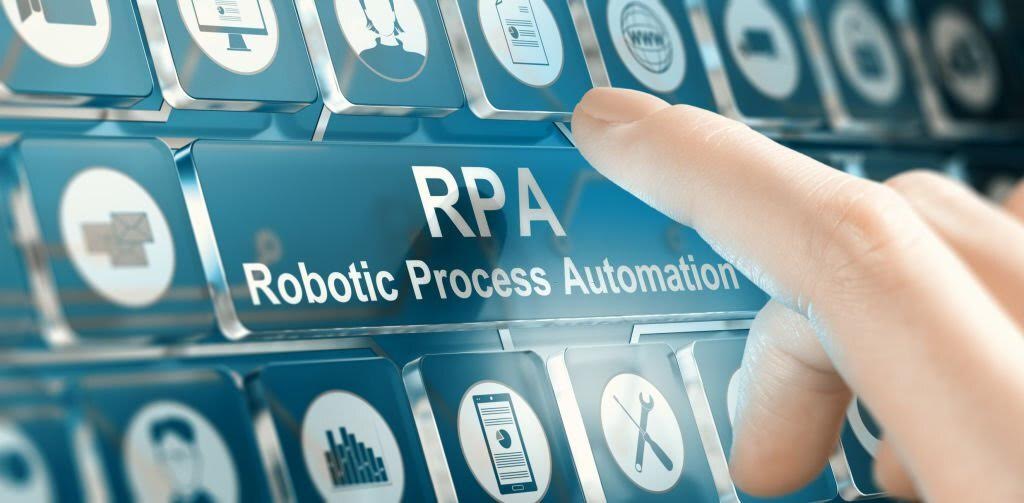
Robotic Process Automation
One of the biggest advantages of RPA is its ability to eliminate the need for manual processes and reduce costs by automating them. It can help you automate repetitive tasks in many different industries, from healthcare to finance. A new study shows that large enterprises spend millions of dollars annually on routine administrative tasks. By eliminating these manual tasks, they can save as much as 40 percent of the time spent by employees. However, it’s important to note that the technology is not suitable for every industry.
A Growing Market
Robotic process automation is a growing market and it is growing quickly. Gartner expects double-digit growth through 2024. As of 2019, worldwide revenue for RPA software will reach $1.4 billion. By 2021, Gartner predicts that global RPA software revenue will reach $1.9 billion. In 2030, the market for RPA will reach $50 billion. Forrester has forecasted that the market for robotic process automation software will increase to $50 billion.
The benefits of RPA include improved quality, accuracy, and customer service. Companies can automate operations in a few hours, resulting in a significant reduction in employee workload. It also improves working conditions for staff and reduces the costs of human resources. The most important aspect of RPA is that it can optimize your business with minimal disruption. In addition, it can increase the productivity of your employees. This is because robots are designed to mimic the behaviors of human workers.
An Effective Tool for Industries
Robotic process automation is an effective tool for many industries. It can automate insurance claims processing, regulatory compliance, policy management, and underwriting processes. It can even be used to create virtual assistants for businesses. Further, it can be integrated into a CRM and other systems. It is important to understand the technology behind the software before you invest in it. Moreover, it is important to understand the limitations and benefits of using it.
RPA has a variety of applications in the healthcare and insurance industries. In the insurance industry, RPA can automate claims processing operations, regulatory compliance, policy management, and underwriting tasks. It has become a key component of the modern retail industry. Other popular applications include customer relationship management, order management, warehouse management, and customer feedback processing. Further, in the healthcare sector, the use of robots is essential for accurate medical records.
Improve Advanced Decision Making
Robotic process automation software helps improve advanced decision making, financial reporting, workforce enhancement, and test management. The software can also automate repetitive tasks such as invoicing and billing. Most RPA software applications are highly flexible, meaning that they can be easily customized to meet the specific needs of each company. With the right RPA application, companies can make sure they are meeting the needs of their customers. They can make decisions based on customer feedback and data.
The healthcare industry is a critical area for RPA. With RPA, repetitive processes can be automated. In addition, it can automate complex calculations, project planning, and workforce enhancement. Another area where the technology can be applied is in healthcare. For example, healthcare facilities can use RPA for online appointment scheduling. By integrating robots, they can automate their staff. The software can improve patient satisfaction and overall health. A robot can automate the process of registering patients for appointments.
Claims Processing, Regulatory Compliance
RPA is a widely used technology that automates tasks. The most common applications of RPA are claims processing, regulatory compliance, and policy management. The software can also be used to automate test management. In insurance, it is essential to avoid mistakes in data entry. Ensure that the information entered is correct. Using RPA in the workplace can help businesses reduce errors and improve productivity. It can also help organizations improve the accuracy of their processes and increase efficiency.
In insurance, RPA is an effective way to automate many repetitive tasks. For example, insurance companies can use it to automate regulatory compliance, policy management, and underwriting tasks. The healthcare industry is another popular area for RPA. In the retail sector, it is a proven technology that can optimize the quality of medical records. Further, the software helps organizations improve efficiency in several areas. With the help of this technology, you can save a lot of money.






